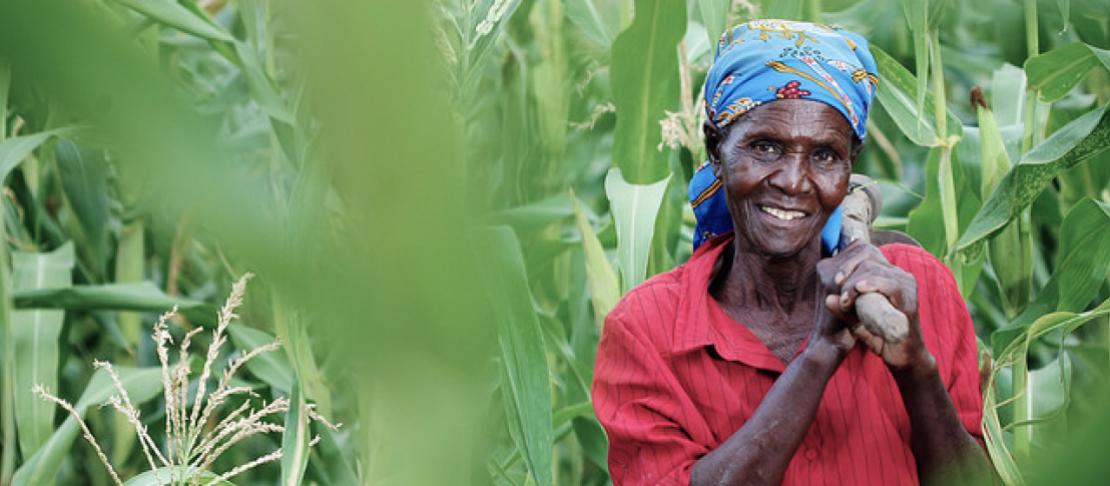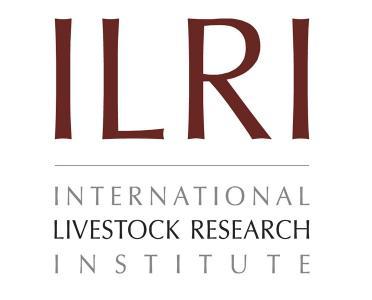Scaling up Climate-Smart Village models in East Africa

Project description
This project builds on previous initiatives in CCAFS Climate-Smart Villages (CSVs) in East Africa. In collaboration with local communities, research organizations, Non-Governmental Organisations (NGOs), and government extension agents, the team uses Participatory Action Research to identify and test a portfolio of Climate-Smart Agriculture (CSA) innovations. The project also explores innovations, institutions and business models for building the network of Climate-Smart Villages in East Africa and supporting local adaptation planning. The activities include:
- Participatory evaluation of multiple stress tolerant (drought, diseases, pests) crop varieties
- Targeting small ruminant resilient breeds for climate change adaptation and improved feeds
National Agricultural Research Institutions (KARI, NARO, ARI, and EIAR), IARCs, and Ministries of Agriculture are developing and packaging appropriate CSA technologies and practices to increase agricultural productivity, enhance food security, incomes and mitigation, and build resilience. Secondly, subnational and national governments are adopting CSV models and scaling up CSA practices to other farming communities in line with Local Adaptation Plans (LAPs), providing feedback to researchers and agro-advisory agencies and creating opportunities for investments through local investment partnerships for productivity and enhanced resilience.
Outputs
- Case study report: Stories of success: Climate-Smart Villages of East Africa
- Report: Uptake of Resilient Crop Interventions to Manage Risks Through Climate-Smart Villages Approach in Nyando, Western Kenya
- Working paper: Participatory Evaluation of Resilient Potato Varieties in Climate-Smart Villages of Lushoto in Tanzania
- Journal article: System characteristics and management practices for small ruminant production in “Climate Smart Villages” of Kenya
- Strengthened farmer experimentation networks and Local Adaptation Plans (LAPs) for developing resilience
Gender and youth
Across the CSVs, most of the activities are implemented through the CBOs, with women constituting about 60% of the membership. Similarly, about 60% of the participants in the annual farmer learning events in the CSVs were women. The women promote resilient agricultural practices through establishment of village demonstration farms for teaching other farmers on CSA practices.
Partners
- VI Agroforestry
- Maseno University
- World Neighbours
- Selian Agricultural Research Institute (SARI)
- National Agricultural Research Organization (NARO)
- Kenya Agricultural and Livestock Research Organization (KALRO)
- International Crops Research Institute for the Semi-Arid Tropics (ICRISAT)
- International Potato Center (CIP)
- International Maize and Wheat Improvement Center (CIMMYT)
- International Livestock Research Institute (ILRI)
- Centre for International Forestry Research (CIFOR)
- World Agroforestry Centre (ICRAF)
More information
For more information, please contact the project leader:
- Dawit Solomon, CCAFS East Africa, at d.solomon@cgiar.org.
Funding for this project is provided by:
